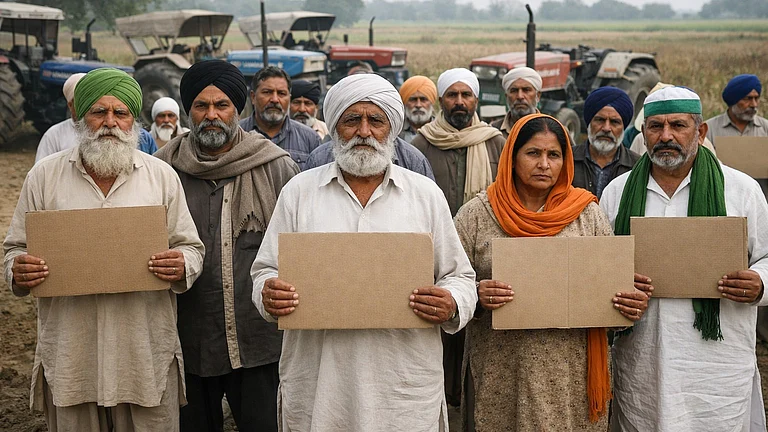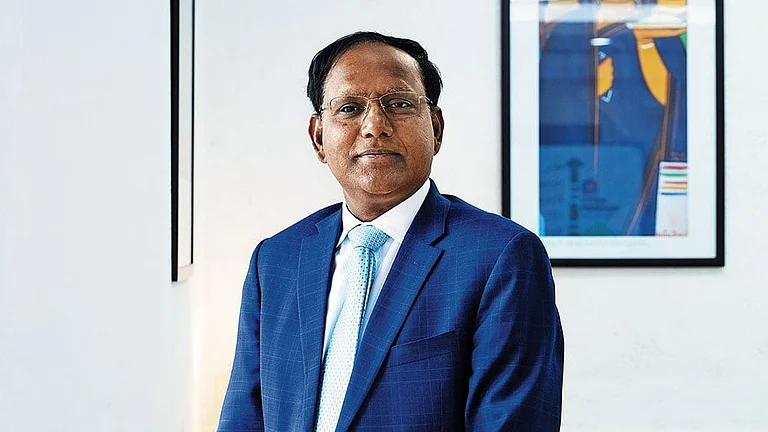In the ever-evolving landscape of technology, a new protagonist has emerged—generative artificial intelligence. Its promise is as vast as the Indian Ocean, but so are the apprehensions surrounding it.
As someone who has navigated the tumultuous seas of the IT industry, I find this debate between collaboration and cannibalisation by AI particularly intriguing. In my experience, technology that works alongside humans has often led to unprecedented growth and innovation.
But there is a catch—AI’s ability to outpace human coders is undeniable. It is like having a supercomputer as your co-pilot, who can fly the plane faster and perhaps better than you.
The Fear of Redundancy
I have seen automation streamline processes, but I have also witnessed the anxiety it breeds. The fear is not baseless, but is it an overreaction? Possibly. AI, in my view, is an augmenter, not a replacer. It can code, yes, but can it understand the nuanced needs of a client or the cultural context of a market? I doubt it.
Almost 20 years ago, Comnet was a leader in remote IT infrastructure management, managing client servers remotely from India. We developed an event correlation engine to analyse alarms coming from the servers and automatically act based on use case fed into the system. With 95% of alarms not needing human intervention, we assumed that the jobs of IT support professionals would be over. We were wrong. This tool helped increase efficiency at reduced costs and our business increased manifold and so did the number of employees.
Now this is a standard tool used across all support services. It is a new normal and more people are in IT support than ever before despite being 10 times more productive.
Finding the Way Ahead
The Indian IT landscape is asking a pivotal question: Will the integration of ChatGPT APIs lead to a reduced need for employees? I believe it is the wrong question. As I stated above, whenever automation was introduced, similar fears emerged. However, what followed was not a reduction, but a transformation of roles. The workforce adapted, acquiring new skills to work alongside these technologies.
But something else changed. Large companies that did not adapt to this change lost their relevance in the eyes of the customer and started losing mindshare and market share. So, the critical question to ask is not about jobs overall but whether Indian IT can retain its relevance by investing aggressively in AI and its application to service delivery or will it miss the turn that will cost us a lot of jobs.
The strategy should focus on adaptation and upskilling. Embrace AI, but also invest in your human capital. Train your workforce to leverage AI, turning them into AI-savvy professionals. Collaboration, not cannibalisation, should be the mantra.
The author is the founder of Comnet a technology management business



























